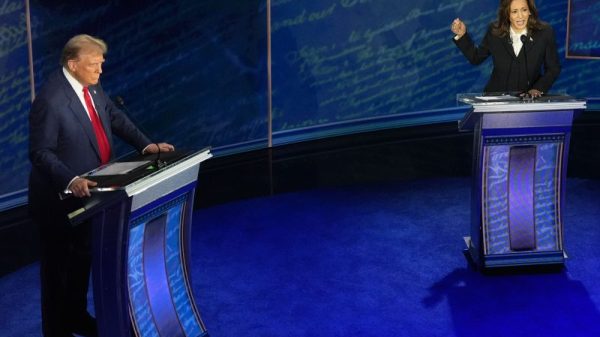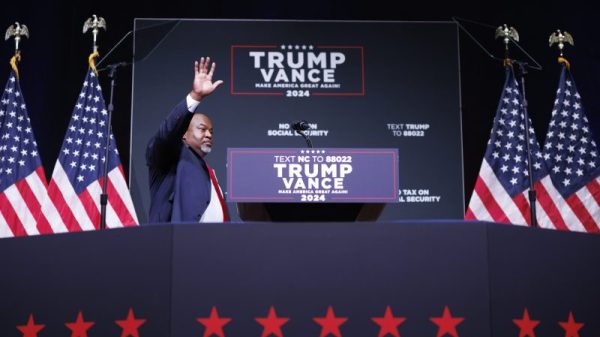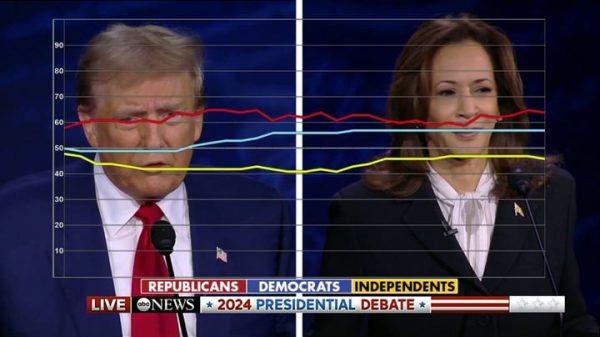The US Department of Commerce has proposed regulations that would effectively ban Chinese-made vehicles and certain software from American roads over fears of espionage and remote manipulation.
Reuters reported that the move follows an investigation of the risks posed by connected car technology in vehicle features, such as network hardware, cameras, microphones and GPS tracking.
If the rules go into effect, prohibitions on the sale of connected vehicle software would begin for the 2027 model year. The ban on connected vehicle hardware would start with the 2030 model year, or by January 2029.
The regulations would apply to all road vehicles, excluding agricultural and mining vehicles, as well as drones and trains.
US officials fear that foreign entities could exploit these technologies for surveillance or sabotage.
Secretary of Commerce Gina Raimondo noted that the risks associated with the technologies mentioned could allow US adversaries to gather sensitive information or even take control of vehicles on American roads.
‘In an extreme scenario,’ she explained, “a foreign adversary could shut down or take control of all their vehicles operating in the United States all at the same time causing crashes, blocking roads.’
The rules provide a pathway for Chinese automakers to seek exemptions, but these would require specific authorizations. Officials from the Department of Commerce have also emphasized that exemptions are unlikely to be granted for vehicles or components that pose a significant national security risk.
The proposal is part of a broader US effort to limit the influence of Chinese and Russian technology in critical sectors. In recent months, the Biden administration has increased tariffs on Chinese-made electric vehicles, batteries and key minerals. These tariffs include a 100 percent duty on electric vehicles imported from China.
White House National Security Advisor Jake Sullivan highlighted the potential long-term risks posed by foreign-made connected vehicles. ‘With potentially millions of vehicles on the road, each with a 10 to 15-year life span, the risk of disruption and sabotage increases dramatically,’ Reuters quotes him as saying.
The Chinese government and automotive industry have already responded. Chinese officials have called on the US to provide an open and fair environment for Chinese companies, while vowing to protect their economic interests.
The Chinese Foreign Ministry has also criticized the proposed regulations, stating that the US should not use national security concerns to impose unfair restrictions on foreign companies.
In response to the proposal, the Alliance for Automotive Innovation, a trade group representing major automakers, including General Motors (NYSE:GM), Ford Motor (NYSE:F) and Toyota Motor (NYSE:TM,TSE:7203), acknowledged that some companies may require additional time to comply with the new regulations.
The group also noted that while Chinese-made components are not yet common in US vehicles, the proposed rules will force automakers to adjust their supply chains to avoid using foreign-made parts.
The Biden administration’s move is seen as a continuation of efforts to reduce reliance on foreign technology in critical industries, including telecommunications, energy and now automotive manufacturing.
It follows similar actions taken against Chinese telecom giant Huawei in 2022 — the company was barred from participating in American infrastructure projects due to concerns over data security.
Under President Joe Biden, the US government has also stressed the importance of protecting American automakers from the competitive threat posed by low-cost Chinese electric vehicles, with Canada and the EU taking preemptive action and Italy endorsing the impositions ahead of the EU vote on trade restrictions.
Chinese carmakers have rapidly expanded their market share in Europe, Asia and other regions, offering electric vehicles at prices that significantly undercut those of US manufacturers.
The Department of Commerce is accepting public comments on the proposed regulations for the next 30 days, with the final rules expected to be implemented by early 2025.
Securities Disclosure: I, Giann Liguid, hold no direct investment interest in any company mentioned in this article.


























